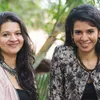How the pandemic has impacted reading habits and festivals – insights from authors at the Bangalore Business LitFest 2021
Speakers at the Bangalore Business Literature Festival explain how the ongoing pandemic has impacted the way books are read, purchased, and discussed.
The seventh annual Bangalore Business Literature Festival (BBLF) will be held entirely online this year, due to the ongoing COVID-19 pandemic. As festival media partner, see YourStory’s coverage of the editions in 2020, 2019, 2018, 2017, 2016, and 2015.
See also YourStory’s Book Review section with reviews of over 320 titles, and our compilation of 85 Quotes on World Book Day.
BBLF 2021 will be held on September 21-23 next week. Our earlier preview articles addressed startup advice, failure recovery and business resilience. In this article, authors discuss changes in reading habits due to the lockdowns, popular categories of reading, digital shifts, and impacts on literature festivals.
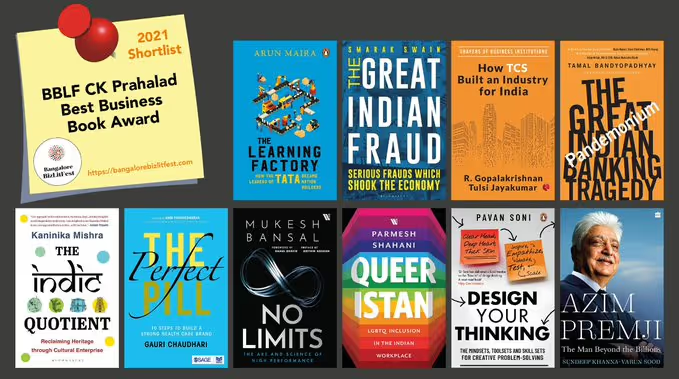
1. Categories of reading
“The pandemic has changed much about how we used to conduct our lives. Office culture, home routine, shopping habits, eating habits, daily routines, and of course reading habits have all undergone a change in the last 20-odd months,” explains V Raghunathan, BBLF Chair and former Professor, IIM Ahmedabad, in a chat with YourStory.
His bestsellers include Games Indians Play, Ganesha on the Dashboard; The Corruption Conundrum; and Locks, Mahabharata and Mathematics. He cites evidence that books on self-help, spirituality, entrepreneurship, history, science, and technology figured significantly on people’s reading lists during the pandemic.
“Apparently, both fiction and non-fiction revenue grew steeply at Amazon. In 2020, for instance, English non-fiction grew about 38 percent and fiction about 21 percent,” Raghunathan adds.
“Intuitively, this is only to be expected. With much of work commuting, outing, socialising, and vacationing virtually at a standstill, people do have more disposable time. Reading also sensibly competes with television – after all, one can Netflix only so much,” he jokes.
2. Multiple formats
“I think the overall trend has been towards shorter, more action-oriented content. Also, there is an increased interest in multiple formats,” observes Jessie Paul, CEO of B2B consulting firm Paul Writer and author of No-Money Marketing: From Upstart to Big Brand on a Frugal Budget.
Her current book has more visuals and work-notes than her previous book. “Audio is on the rise. I had to consciously look at ways to keep the reader engaged by asking questions and providing DIY frameworks,” she adds.
Jesse has been writing a weekly newsletter for over 10 years. “The pandemic saw a rise in engagement, as people were looking for interesting and useful content and had time to respond,” Jesse recalls.
She is looking to further embrace the new multimedia world and launch a podcast which will share thoughts on marketing, business strategy, and the latest trends.

3. Physical purchase and delivery
“The pandemic did generate lot of demand from people who wanted to read books, but logistics was a concern as books were not classified as an essential commodity during lockdowns,” says Suresh Narasimha, tech entrepreneur and Co-founder at CoCreate Ventures.
He is also the owner of JustBooks, a library chain and platform. Founded in 2008, it has branches and home delivery services in a range of cities, and can source books from elsewhere if not available locally.
During the pandemic, it added online storytelling sessions and workshops. “Our highest growth during the pandemic was in the areas of spirituality and wellness-related genes,” Suresh explains.
4. Working and watching from home
“I think the pandemic has impacted people's reading habits in a positive manner. With the advent of work from home and frequent lockdown, people have started focusing on personal skill development, keeping aside time for reading and reflection,” explains Dr Karthik Nagendra, CEO of ThoughtStarters.
He is also author of The Thought Leader Way: Leading Your Business with Thought Leadership in an Altered World. “Research shows 35 percent people have started reading more post pandemic. This is a positive trend for authors like me,” he adds.
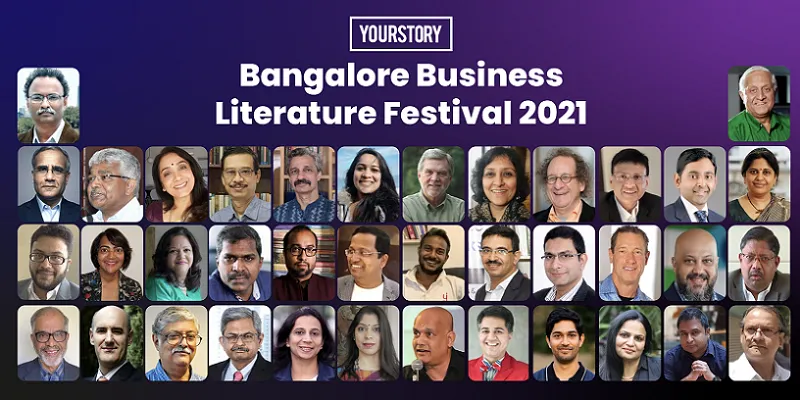
5. Device shift
“Physical book buying has come down, and Kindle reading has gone up – but not to the same extent,” observes R Gopalakrishnan, author of over 15 books on management, including A Biography of Innovations and Wisdom For Startups From Grown-ups.
“Book lovers and authors have been affected by the pandemic lockdowns. I also find that publishers’ appetite to review business books has declined,” he adds.
Gopalakrishnan cautions that the economy and eudaemonia (‘good spirit’) may not revive without honest and sustainable enterprise. He hopes that respect and resources for book enterprises will receive a boost via festivals like BBLF.
6. Recovery
“Although book sales crashed during lockdown, the industry has almost recovered to pre-pandemic levels. Authors now have many more modes to find new readers - from Clubhouse rooms to Instagram live sessions,” observes Vivan Marwaha, user researcher and author of What Millennials Want: Decoding the Largest Generation in the World.
“The pandemic has in many ways led to an increase in readership. With people spending less time commuting and at big social events, they have more time to read,” he adds.
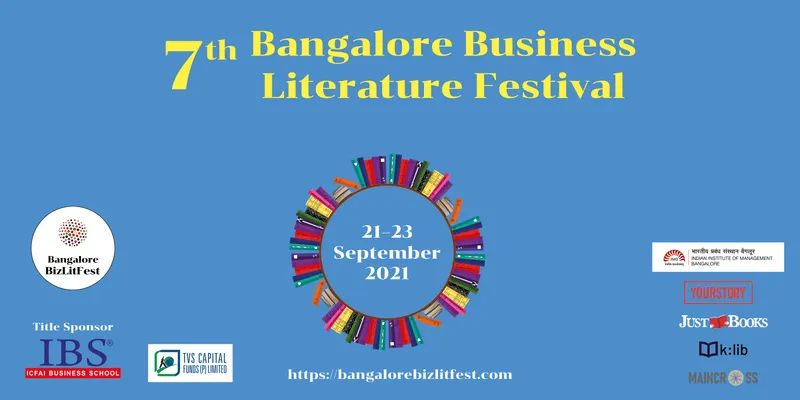
7. Festival impacts
Online festivals are obviously very different from their physical counterparts, in terms of experience, reach, access, and cost.
“I think the most important aspect of any litfest is the atmosphere – the atmosphere of care-free abandon, mild chaos, hubbub of excited chatter, informal interactions, meeting one’s favourite authors, opportunity to interact with publishers, and such,” observes V Raghunathan, BBLF Chair.
“Sadly, much of this has been taken away from the online fests. While most litfests have transitioned to online formats, they have had to contend with ‘Zoom fatigue’,” he cautions.
Litfests were also a more interesting way of getting away from it all and being in closer proximity to the atmosphere of books. “That has failed to happen with the online format, which is simply reduced to some more Zoom, cramped at home with family and pets,” he laments.
There are obvious benefits, of course in terms of lower costs. “One doesn’t have to pay for the flights of the speakers, for the venues, for the facilities and security, and such,” Raghunathan explains.
“Also, those who are strictly interested only in a particular quality of interaction involving a certain panel, and nothing else besides, may find the online format to their taste,” he adds.
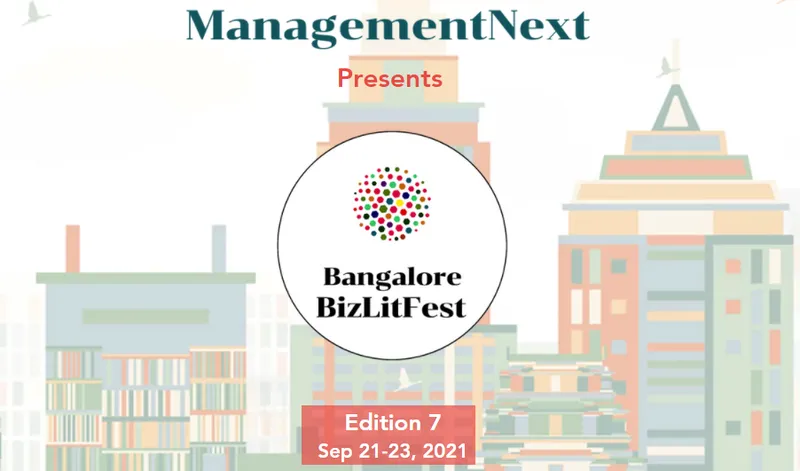
One way of dealing with online fatigue is to add interesting and unique topics to a litfest, according to Benedict Paramanand, Co-founder of BBLF and author of CK Prahalad - The Mind of the Futurist.
Examples of such features at BBLF 2021 include a panel on New Work, New Workplace, a deep-dive session on the history of publishing, an in-depth look at the rise of 'deep state' and government secrecy in India, and panels on trends like reinventing marketing as well as business journalists venturing into writing books.
“We also noticed the emergence of literature tech platforms. We got the founders of Pratilipi and StoryMirror to come and discuss their adventure. JustBooks too is reinventing itself as a library platform. It will be interesting to hear them,” Benedict adds.
Foreign authors have also been roped in, as was the case with the online edition of BBLF last year as well. This year’s lineup includes Mike Shatzkin, Mauro Guillen, David Scott, and Indian-origin American author Rishad Tobaccowalla.
YourStory has also published the pocketbook ‘Proverbs and Quotes for Entrepreneurs: A World of Inspiration for Startups’ as a creative and motivational guide for innovators (downloadable as apps here: Apple, Android).
Edited by Teja Lele






